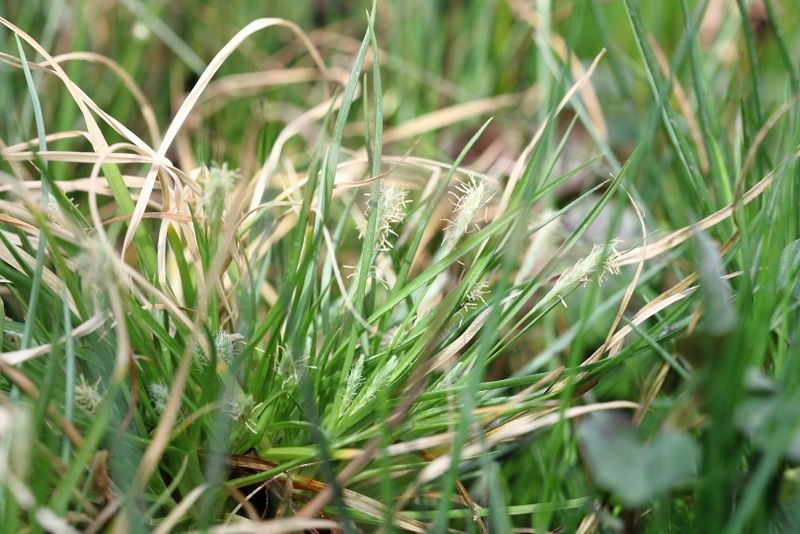The Center for Agriculture and Bioscience International (CABI) is an international nonprofit organization dedicated to the creation, verification and dissemination of scientific knowledge in agricultural science and public health, with a particular focus on practical issues of importance to developing countries. It is made up of teams of scholars coming from more than 40 countries across the earth. CABI's mission is to improve the lives of people around the world by solving problems in agriculture and the environment. It is sustained mainly by contributions from the US, UK, Swiss and EU governments. Among other things, CABI has amassed a collection of more than 28,000 samples of fungal crop-pathogens from around the world at its laboratories in Egham, England. In 2009, these were merged with the collection at Kew Gardens.
A chapter on extremely saline habitats and their flora, commissioned by CABI in our Garden, was published in 2019. Extremely specialized species that tolerate extremely high salinity and strongly alkaline substrate reaction have not ceased to fascinate plant biologists for hundreds of years. Historically, they played a huge role in the survival of humans and draft animals in deserts and semi-deserts. Then mankind used them for a time as a source of cleaning agents and soda for industry. Today, entirely new types of agriculture and industry are being developed, based on the mass cultivation of selected species of saltwater plants. Such crops would not compete for fresh water and space with humanity, other crops or protected areas. Domestication of more halophytes would help feed humanity and supply some industries. It could even help beautify roadsides in countries with cold and temperate climates where roadways need to be de-iced.
Publication:
Kapler A. 2019 Chapter 2 Habitats of halophytes. In: Hasanuzzaman M., Shabala S., Fujita M. (ed.) 2019 Halophytes and Climate Change: Adaptive Mechanisms and Potential Uses. CABI-International, Oxfordshire-Boston pp. 19-37.
post
post
2019-10-15 05:42:11


